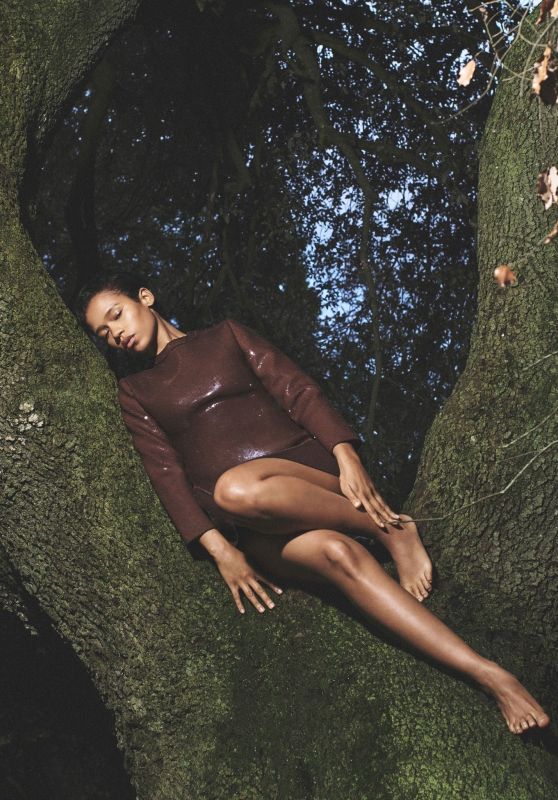World War II dramas and grand historical epics still have their place in the best international feature Oscar category — Italy’s contender, Vermiglio, the story of a Sicilian army deserter who arrives in a remote Alpine village in 1944, is betting on the Academy appeal of World War II tales — but the expansion of the Academy to include more members outside the U.S. has broadened the range of films in contention. An Oscar shortlist these days is as likely to include a Korean horror-thriller about class conflict (2019 Oscar winner Parasite) or a donkey-focused road movie from Poland (2022 nominee EO) as it is a handsome old-school costume drama.
Beyond the obvious frontrunners this year, dark horses abound: Rich Peppiatt’s cheeky “docu-drama” Kneecap, about an Irish rap group, has been winning audiences to the cause since its Sundance debut (awards masters Sony Pictures Classics snatched it up on the eve of its Park City bow). The West Belfast hip-hop trio Móglaí Bap, Mo Chara and Dj Provaí play themselves in a very loosely based-on-a-true-story spin on their rags-to-riches story. Michael Fassbender adds some awards oomph as a former IRA hitman gone underground as a yoga instructor.
How to Make Millions Before Grandma Dies is a mainstream outlier in the international feature race. The Thai comedy weepie skipped the festival circuit to go straight to cinemas in Southeast Asia, where it has become a box office smash, earning almost $50 million. Netflix picked it up, and it has been conquering global audiences ever since. It follows a scheming young man who quits his job to care for his dying grandmother, hoping to be named the heir to her fortune. Director Pat Boonnitipat has a light touch as he spins out this delicate and funny tale of mortality and personal growth. Only the most cynical Academy member would not be moved.
The heartwarming feature Flow from Latvia could also score with international feature voters, marking a rare animated entry in category. A dialogue-free CGI adventure following a wide-eyed cat who bands together with a labrador, a secretary bird, a lemur and a capybara to escape a flood of biblical proportions, the film takes direct inspiration from the Studio Ghibli style of animated storytelling, something that could play well with Academy members, who in 2024 handed another Oscar to Ghibli founder Hayao Miyazaki for The Boy and the Heron (best animated feature).
And if the Academy wants to go truly weird, it may opt to give one of the final five slots to Canadian contender Universal Language. The feature, from experimental filmmaker Matthew Rankin, is an absurdist comedy set in an imaginary Canada where French and Farsi are the country’s two official languages. An offbeat homage to Iranian cinema and to the oddball movies of fellow Winnipeg filmmaker Guy Maddin, Universal Language won over critics in Cannes, taking the first-ever audience prize in the Directors’ Fortnight section. It will test how much international feature voters are willing to embrace the weird.
This story first appeared in a January stand-alone issue of The Hollywood Reporter magazine. To receive the magazine, click here to subscribe.




















 English (US) ·
English (US) ·